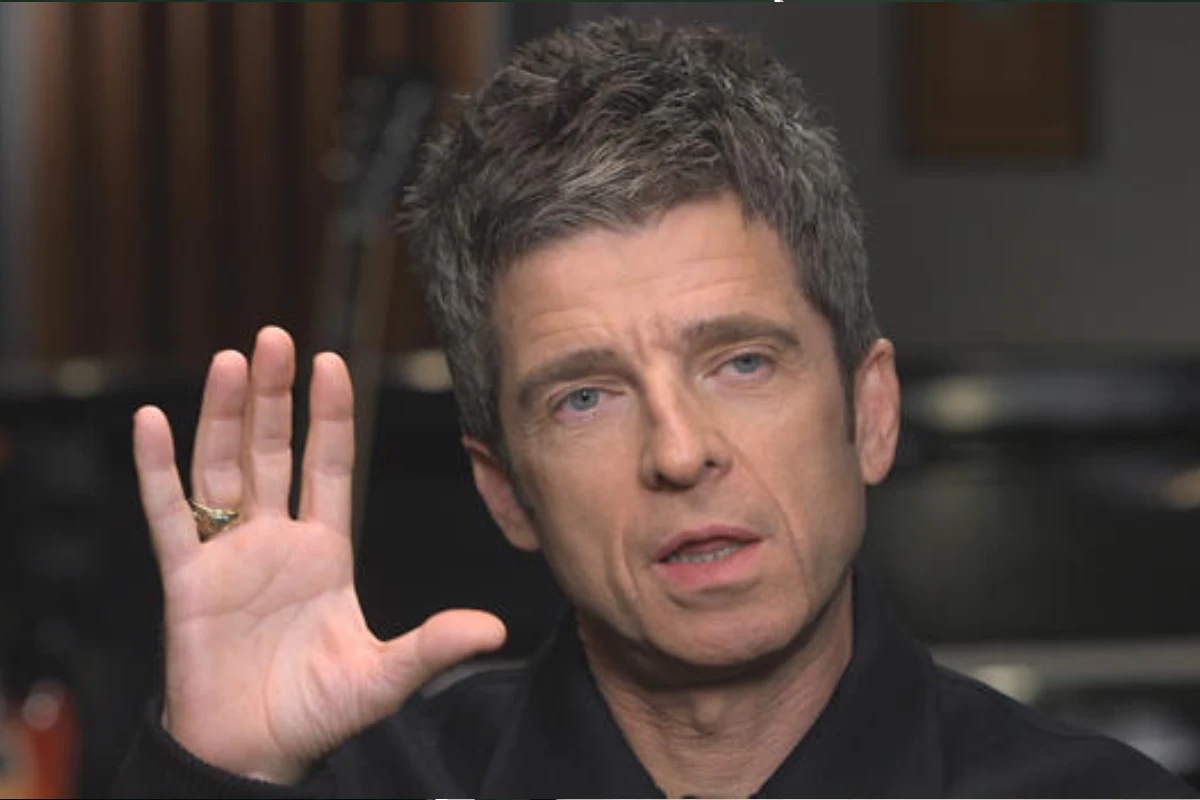For some artists, rock and roll transcends simply crafting great tunes; it embodies the essence of pouring every ounce of blood, sweat, and tears into their performances.
As the progressive rock movement emerged, it became apparent that rock was as much an endurance test for musicians as it was about creating memorable songs.
Led Zeppelin, while known for their progressive tendencies, showcased this ethos profoundly.
Jimmy Page once remarked that John Bonham’s drumming on “Good Times Bad Times” seemed almost beyond human capability.
Initially, questions loomed over whether Zeppelin would find success. While Page had already made a name for himself with The Yardbirds, the formation of a supergroup was a risky venture.
They either had to soar to great heights or risk fading into obscurity from the outset.
Page faced high expectations, especially considering the paths of fellow Yardbirds alumni Eric Clapton and Jeff Beck, who quickly carved out their own successful careers.
With Clapton’s Cream setting the bar high, Page aimed to create something equally formidable without merely imitating Clapton’s style.
If Ginger Baker was steeped in jazz, Bonham embodied a more explosive approach, often described as “demolish the kit and ask questions later.”
Throughout Zeppelin’s discography, Bonham served as an unstoppable force, dragging the beat slightly behind in some songs while unleashing a thunderous sound, especially evident in his hands-on performance during “Moby Dick.”
The magic of their first album didn’t come effortlessly. “Good Times Bad Times” had to leave a lasting impression, and while the anticipation builds through the cowbell and hi-hat, it’s Bonham’s kick drum that steals the show, especially during moments where he sounds like he’s careening down the stairs.
Notably, this was before double-kick drums became standard, making Bonham’s achievement even more impressive.
Page marveled at Bonham’s performance, stating, “The most stunning thing about the track, of course, is Bonzo’s amazing kick drum.
It’s superhuman when you realize he was not playing with a double kick. That’s one kick drum! That’s when people started understanding what he was all about.”
As fast as Bonham played, Page matched him and even surpassed him on the guitar. The impromptu solos during live performances of “Since I’ve Been Loving You” showcased Page’s frenetic energy, with his fingers moving so swiftly they appeared to blur on film.
While bands like Motörhead introduced the world to double bass, Bonham’s ability to achieve the same impact with a single kick drum was extraordinary.
His prowess resembled that of an Olympian, and as he continued to play on every record, it became increasingly clear that any aspiring drummer should study Bonham’s techniques to elevate their own band’s sound.







